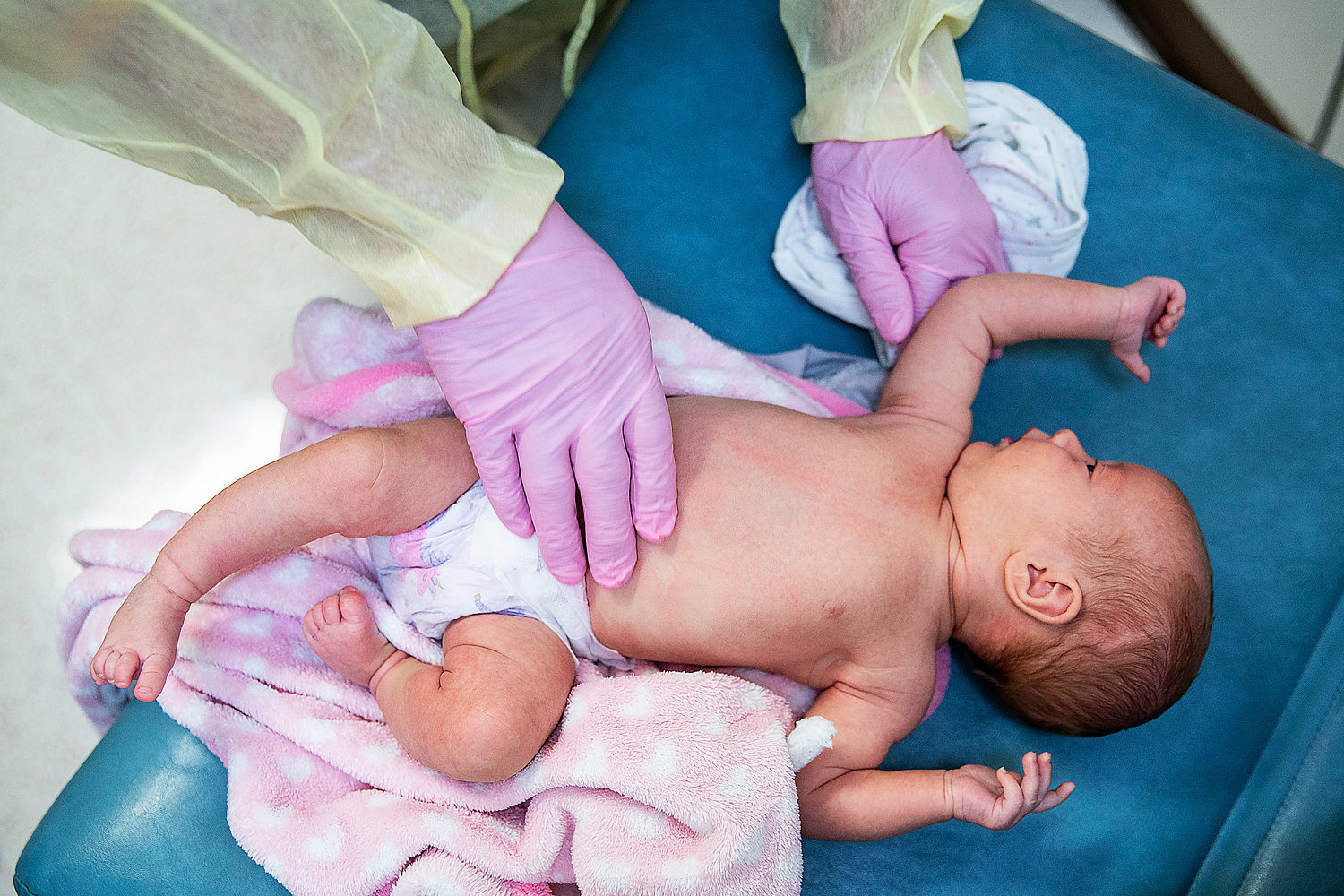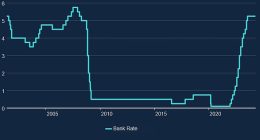The Centers for Disease Control and Prevention alerted doctors nationwide Monday about a limited availability of certain doses of a newly approved antibody drug given to infants to prevent RSV infection.
Cases of RSV, or respiratory syncytial virus, have started to rise as cold and flu season begins.
“RSV season is here,” said Dr. Buddy Creech, a pediatric infectious disease doctor at Vanderbilt University Medical Center in Nashville, Tennessee. “We are seeing a substantial increase in the amount of RSV such that in many areas, it has become the most commonly identified respiratory virus causing disease in children.
“This is one of the reasons why there’s probably a lot of scrambling going on,” he said, “to identify those babies at highest risk and to try to prioritize them, since it’s such a limited resource right now.”
The Food and Drug Administration approved the antibody drug, called Beyfortus, in July. It is not a vaccine, but it acts similarly to one: Instead of prompting the immune system to develop its own antibodies to RSV, it delivers antibodies directly to the blood via injection.
Newborns and infants can get doses of Beyfortus during their first RSV seasons, and children up to age 2 who are at high risk for severe illness from the virus can get second doses during their second RSV seasons.
According to the CDC alert, the highest dosage, 100 milligrams, is in limited supply. The agency told doctors to prioritize getting those doses to infants at the highest risk of severe RSV, including infants younger than 6 months and those with underlying conditions. The CDC also advised doctors to preserve 50 mg doses for infants who weigh less than 11 pounds.
Drugmaker Sanofi said in a statement Oct. 13, “Despite an aggressive supply plan built to outperform past pediatric vaccine launches, demand for this product, especially for the 100 mg doses used primarily for babies born before the RSV season, has been higher than anticipated.”
The FDA said the drug is not listed as being in shortage in its database.
Another option to prevent RSV infections in infants is the antibody drug Synagis. It is approved only for high-risk infants, however, and it can be given only during RSV season.
In August, the FDA approved the RSV vaccine Abrysvo for use in pregnant women in their third trimesters. Doing so provides protection to their babies in their first six months of life.
Follow NBC HEALTH on Twitter & Facebook.
Source: | This article originally belongs to Nbcnews.com










